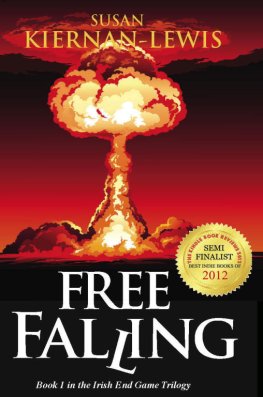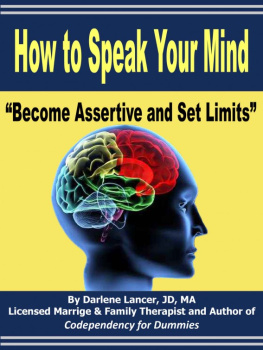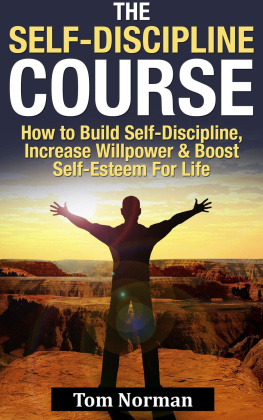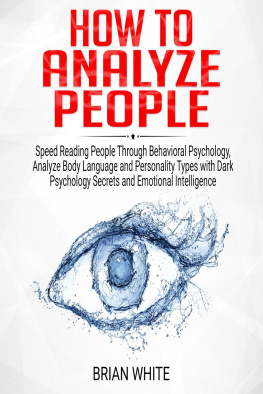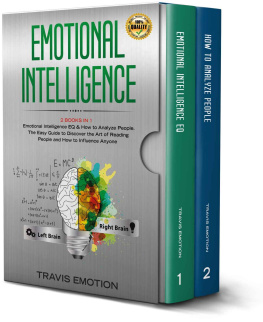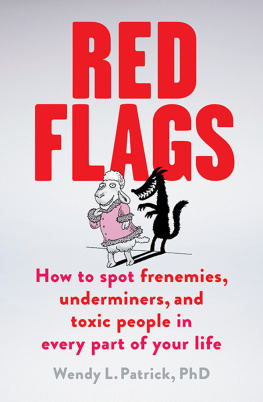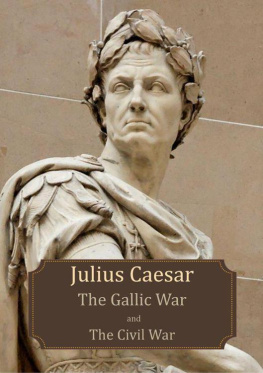
Contents
Hence it is evident that the state is a creation of nature, and that man is by nature a political animal. And he who by nature and not by mere accident is without a state, is either a bad man or above humanity
Aristotle
***
Our deepest insights mustand shouldappear as follies, and under certain circumstances as crimes, when they come unauthorizedly to the ears of those who are not disposed and predestined for them.
Nietzsche
***
The Pope! How many divisions has he got?
Stalin
PRAGMA
Sebastian Marshall
Copyright 2017 Sebastian Marshall
All rights reserved.
25 July 2017
Kiev, Ukraine
Kiev is idyllic in the summer, but most people arent paying attention.
If you do pay close attention, you can start to trace the lines beneath old Kiev, Soviet Kiev, and new Kiev. And as you do, theres a slight haunted feeling.
A lot of blood has soaked into these streets.
A couple years ago, my close friend Kai Zau and I were having a conversation when, very suddenly, a phrase was spoken that weighed very heavily.
Life is a game you can lose.
I forget which one of us said it originally, but it doesnt matter. It was clearly something true and important, something oft-neglected during times of luxury and ease.
You can lose.
In olden days, you might not even be able to control that. A thousand years ago, you might have been farming in a little village when brigades of deadly horse archers showed up and laid your civilization to waste. Unpredictably, out of nowhere.
Life is a game you can lose.
It seems like most of us have more control and choice now than we did 1,000 years ago; much more control, even, than people had 50 years ago. Many tragedies are preventable. Many good things can be made to happen. Many bad things can be avoided or mitigated.
But most people dont dedicate themselves relentless to this it seems like they almost dont realize the magnitude and gravity of well, of life itself .
People are so often breezy, casual, careless... which would even be alright if they were willing to accept the consequences thereof.
The consequences of being careless, of course, are rather predictable.
But, no people feel crushed when some area theyve neglected bites them; when hindsight shows them how much of their life theyve wasted; when a preventable bad event occurs because it wasnt prevented.
The title of this book is Pragma were looking to develop more pragmatism. Not all of the book is easy reading, but if Ive written well enough, all of it should be highly profitable.
The first section is Danger Flags , a concept that is simple but critically important: before a person does something bad, theres often predictable signs that they were going to do it. We look at a bunch of historical cases of bad things happening from as far back as the Punic Wars and the assassination of Julius Caesar, to as recent as three Cold War episodes. The goal is to be able to spot people who are likely to do bad things, and to mitigate against those and likewise, to spot dangerous elements in ones own character and work to improve those, to be more trustworthy and reliable.
The tone gets a bit lighter in Limit Breaks . We inquire: what are the limits holding us back from making a terrific life? How do we break through those limits? We cover time on large and short scales, action, automation, project success rates, bottlenecks and constraints, perception, combinations, success and failure, and getting right to the heart of an issue. Limit Breaks contains a lot of immediately practical items that can be put into action right away for higher effectiveness.
Finally, in Lingua Franca , we look to drill deep into the nature of thought and communication. We become very skeptical of words and look to trace the underlying meaning of them. Many words have changed meanings, many important concepts dont have words associated with them, and language has been a chief battleground across history for shaping how people think, communicate, and act. Were going to sort our language out, in order to be able to think more clearly and lucidly.
Each of the chapters here was originally published at The Strategic Review. If youre not already subscribed, you can get a steady dose of history, productivity, and sheer practicality for free every Thursday at:
http://www.thestrategicreview.net/
And if you like this sort of thing, youd also probably like the Ultraworking Pentathlon:
http://www.ultraworking.com/pentathlon
Some of the concepts we cover here in Pragma will be difficult reading harsh truths that rarely see the light of day. Historys ghosts will speak to us if we will merely listen. Sometimes they speak calmly and elegantly; other times they speak in dread wails.
Harsh truths often unpleasant but what is the alternative?
To stay willfully blind to the greatest risks and challenges? To let the consequences of negligence overtake us?
No, a thousand times no pragmatism is the way. We walk the Earth now, but will not forever and theres so much to do before the bell rings. So let us take our blinders off, arm ourselves, and venture forth now into hard and dark realms. Let us take a place at the feet of the ancients and listen to their wisdom so that perhaps we might take our place alongside them.
There is so much to be learned. Are your boots on? Are your eyes open? Shall we?
MARSHALL
DANGER FLAGS
Danger Flags #1: Fear And Love
IL TORMENTO DELLA CORDA
The shouting and screaming ceased.
And while listening to the torments of another man was obviously discomforting, the silence was perhaps more ominous.
Soon, all too soon, the clacking and rumblings of heavy iron keys are worked into the reinforced locks of the prisoners jail cell in the Bargello Fortress.
The guard is neither malicious nor sympathetic; there is a matter-of-fact mannerism about him as he thumbs indifferently through a huge iron keyring and turns to the prisoners leg shackles, unlocking them, unchaining the man from the wall.
The guard waits a moment to see if the prisoner will rise on his own power. If not, hell call for assistance to drag the man to the chamber.
The prisoner rises.
For just a half of a moment, the prisoner attempts to enjoy himself as hes at liberty to walk under his own power. He walks in front of the guard, knowing the short route, follows it along.
But this attempt to maintain a stoic detachment does not entirely succeed; he is unable to sustain the brief enjoyment at the momentary liberation from the leg shackles as he sees now the entrance to the torture chamber.
He blinks twice and sees the magistrate waiting, also bored and indifferent. Theres no sadism in the mans face. Hes doing his job.
The guards do their work while the magistrate watches, tying the prisoners arms behind his back, marching him up to the raised wooden pavilion and forcing him to ascend it, and then tying the ropes to a sturdy wooden beam on the ceiling.
The magistrate speaks:
Do you wish to confess, Niccolo?
And the prisoner replies politely:
No, Signore, I have nothing to confess.
The magistrate nods to the guards as he replies:
A pity.
And one of the guards gives the prisoner a swift kick in the side to push him off the pavilions edge.
He is in the air for only a split second when the rope catches, and the prisoner hears his shoulders crack in an awful sound of bone breaking and sinew tearing before his he actually feels the pain.
Bastardo! Bastardi! Maledice!
Next page


